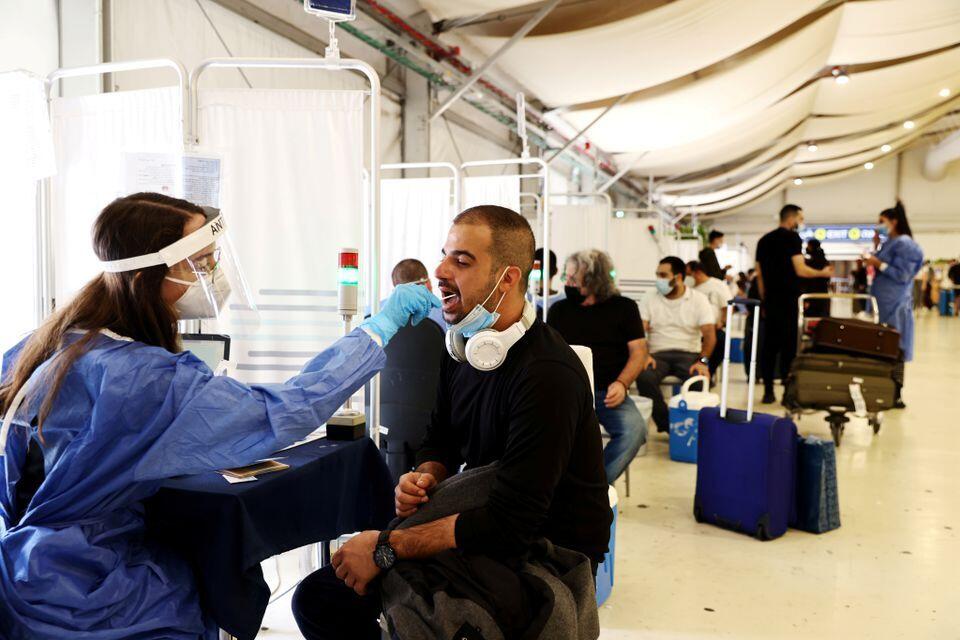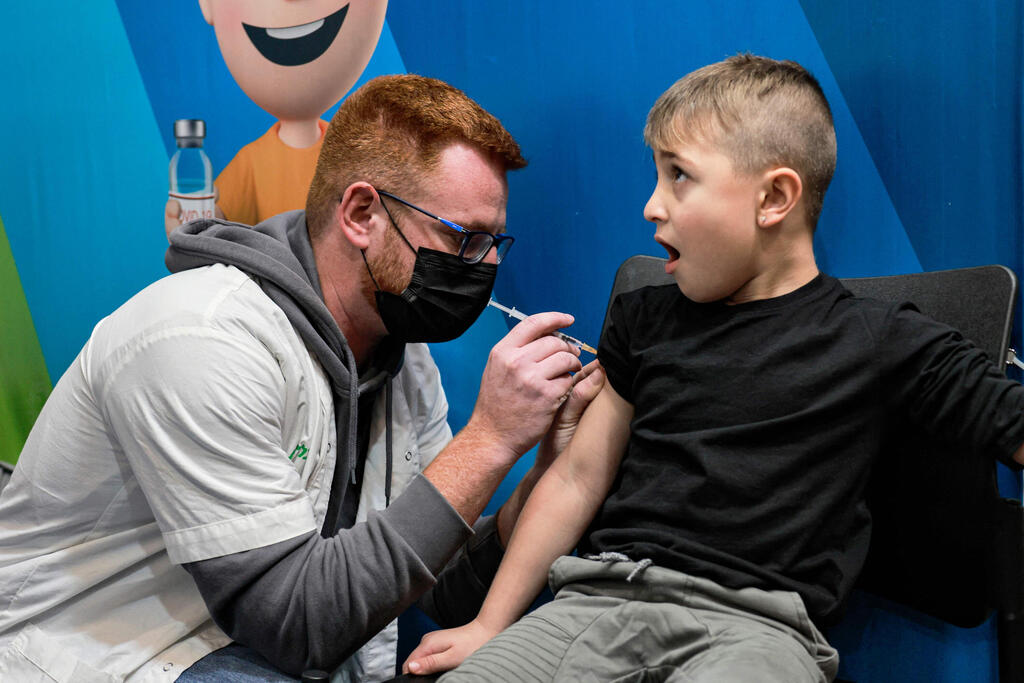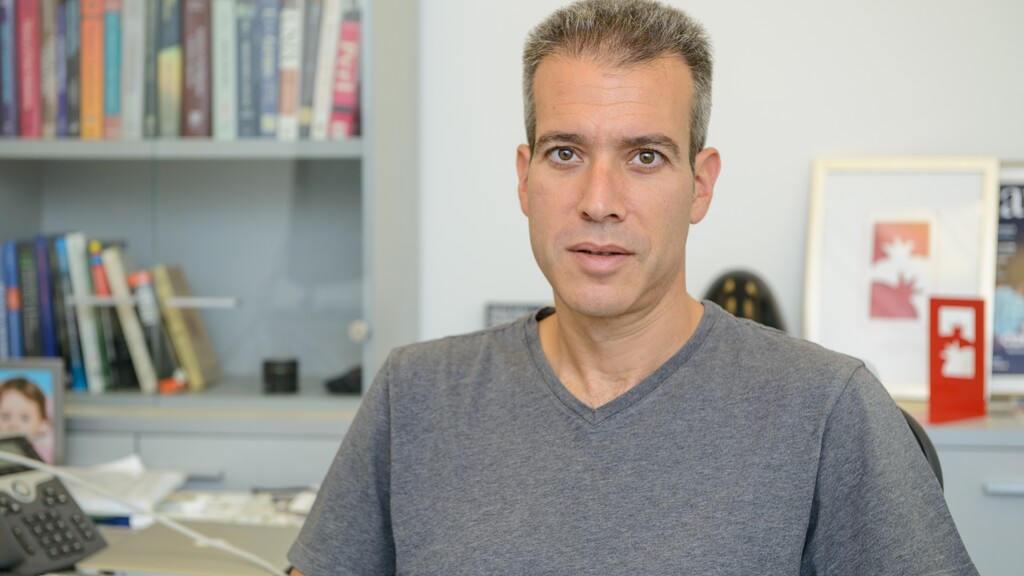Amid signs of coronavirus resurgence in Israel, a senior health official said Thursday that a new infection wave is not an inevitability, adding the only way to stop it is "vaccinate, vaccinate, and vaccinate".
Israel has seen a rise in infections in recent days with the virus' reproduction number (R) rising above 1, which indicates the renewed spread of the pathogen in the community.
"We've already experienced four infection waves and know that before the start of a new one there is always a decline in cases, and at this moment we are seeing a clear sign of a rise in morbidity," Prof. Eran Segal, a scientist advising the government on its pandemic response and creator of the Weizmann Institute of Science's coronavirus prediction model, said to Ynet.
He said that Israel must focus on several specific groups when it comes to increasing vaccination rates. "We have already seen that the two-dose vaccine is losing its efficacy. There are still 1.1 million Israel who have yet to receive their booster shot," Segal said.
"There are also those who have recovered from the virus, though their number of antibodies is decreasing and they also need to receive another dose."
He said that now with the start of the pediatric coronavirus vaccine drive, inoculating children has become a crucial part of the fight against the pandemic.
"I think that directing efforts towards those age groups will help bring the numbers down," Segal said.
Segal said at least half of those who have yet to receive the booster must do so in order to bring the national virus' reproductive R number back to below 1.
"Among the million children aged 5-11, I would say at least a third need to get vaccinated in order for us to see a serious decline in cases among that age group," he said, noting that 43% of active cases are under the age of 12.
3 View gallery


A healthcare worker takes a swab sample from a traveler for a coronavirus test at Ben-Gurion International Airport
(Photo: Reuters)
Regarding the possibility that the booster shot might also eventually lose its efficacy, Segal said it is still too early to say.
"The hope there will be no decline or there will be a slower decline and that the period of time after which we may have to get another dose will be longer," he said.
"Israel will be the first country to teach the world on whether there is a drop in protection against the virus after the third dose."



